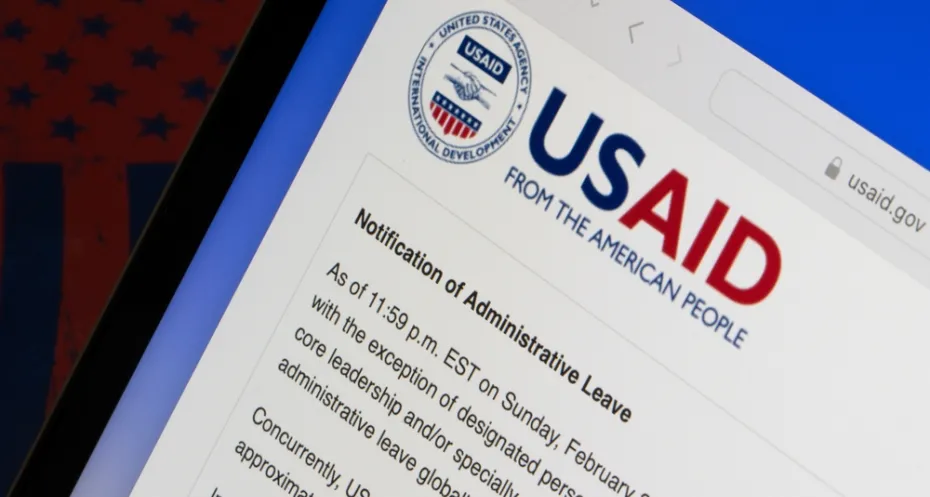New report reveals global fallout from U.S. government funding cuts

Independent media outlets around the world are facing an unprecedented crisis, according to a new report released today by three consortia of top media-development organisations led by Internews Europe, BBC Media Action, and Free Press Unlimited, and supported by the European Commission’s Directorate-General for International Partnerships.
The report, Crisis in Journalism: The Impact of the US Government Funding Cuts on Global Media, provides the first in-depth look at the consequences of the 2025 U.S. executive order suspending most foreign assistance. The move led to a sudden loss of around $150 million in annual support for journalism and the wider information ecosystem – support that many media outlets in high-risk and authoritarian contexts relied on for survival.
Ruth Kronenburg, Executive Director Free Press Unlimited, said:
"This is not just a financial crisis, it’s a human rights crisis. We must realise that the brave journalists in repressive countries around the world are our eyes and ears. Now we run the risk that these eyes will close one by one, until we are in the dark about what is going on in the world and authoritarian regimes are legitimised."
The rapid assessment, led by Internews Europe and conducted in collaboration with three media development consortia under the European Commission’s Thematic Framework Partnership for Human Rights and Democracy, draws on data from over 50 countries across Africa, Asia, Latin America and the Middle East.
Key findings:
- Media closures and layoffs are widespread: Dozens of outlets have shut down, with hundreds more slashing staff and coverage, particularly in Sudan, Afghanistan, Myanmar, and El Salvador.
- Journalists face rising risks: Cuts have undermined safety protocols, leaving reporters, especially in conflict zones, without essential protections or emergency support.
- Trusted local news is disappearing: Community radio stations in countries like South Sudan, the DRC, and Afghanistan – often the only reliable source of information – are going off air.
- Disinformation threats are growing: With fewer watch dogs, authoritarian actors and foreign influence campaigns exploit weakened media spaces.
“Without immediate and flexible support, countless journalists and communities will be left even more vulnerable to censorship, propaganda, and information blackouts,” said Internews Europe CEO Meera Selva. “Even modest investments can protect the future of independent media.”
Simon Bishop, CEO of BBC Media Action, said: "These devastating funding cuts leave a vacuum in some of the world's most fragile information environments. Independent journalism is a cornerstone of democracy – without it, we cannot have human rights or freedom. We know local media are creative, innovative and used to making the most of limited resources, and often it takes only a small amount of support to ensure their survival. Urgent investment will prevent the total erosion of trusted local news and information where it’s needed most."
The report outlines urgent needs for emergency support, operational funding, and long-term sectoral strategy, including rapid response and relocation funds for at-risk journalists; core funding for strategic outlets and support organisations; continued investment in public interest journalism; and greater coordination among international donors and partners.
